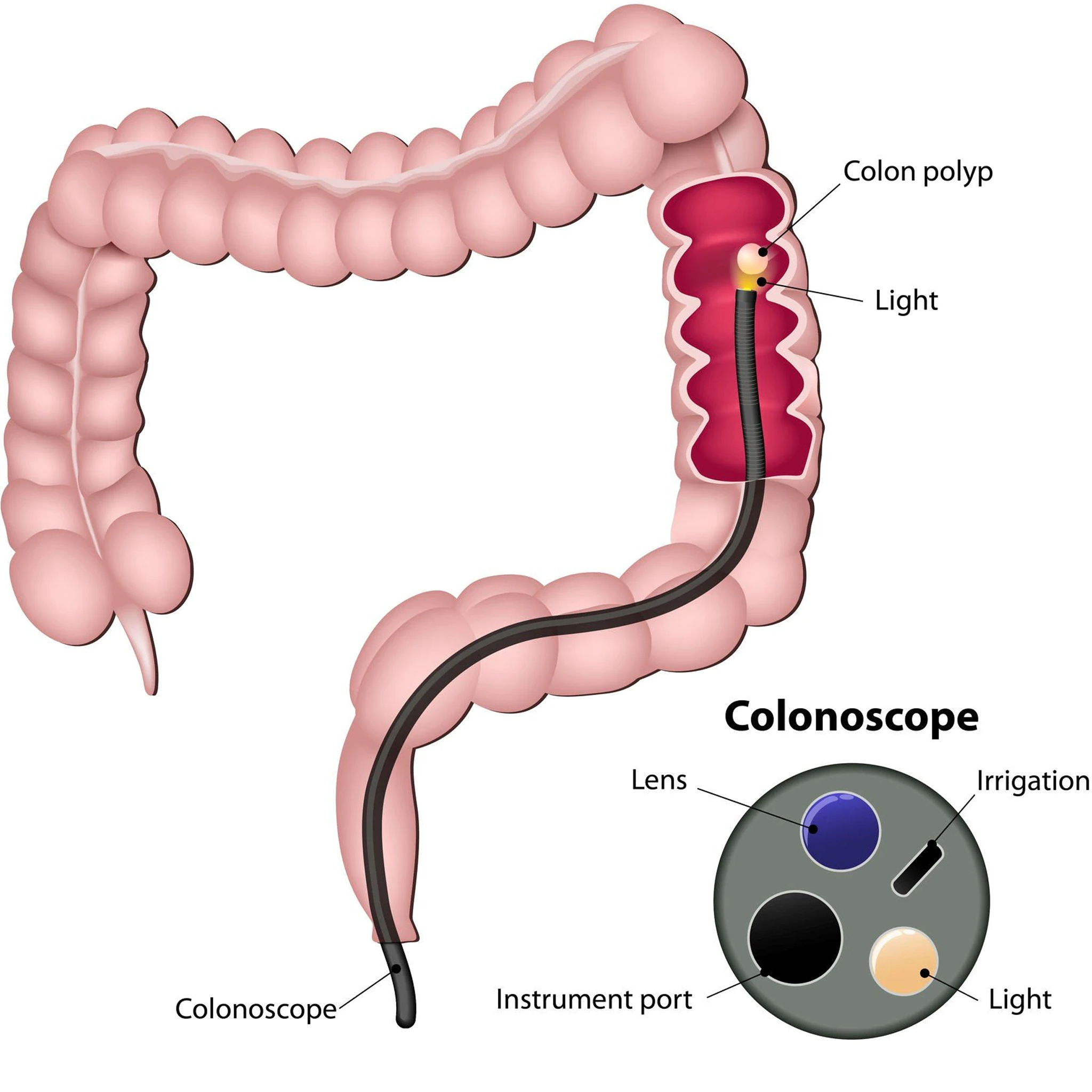Crohn's disease Diagnosis and treatment
Table of Content
It also lowers your chances of getting scars in your intestines or other health problems. You're also less likely to need surgery or hospital care in the future if your Crohn's is under control. Your symptoms depend on where Crohn's is in your digestive tract. The disease can also affect other parts of your body, like your skin, eyes, joints, and liver. The best advice Dr. Ali has for anyone with a digestive disease is to keep a careful record of your doctor’s visits and treatments. Your doctor may suggest additional imaging tests, like ultrasounds or magnetic resonance imaging scans.
Most of the testing for Crohn’s disease is done in an outpatient setting. Consider have a friend or family member drive you to keep you company and put your mind at ease. During a chromoendoscopy, a blue liquid dye is sprayed into the colon to highlight and detect slight changes in the lining of your intestine. Your doctor may want use this technique during a colonoscopy to look for polyps or precancerous changes. Crohn’s disease has a wide range of symptoms that vary from person to person.
How Much Do You Know About Crohn's Disease?
As with a sigmoidoscopy, the colon must be clear of stool, and will require preparation prior to the procedure. A colonoscopy may be performed to determine the progression and extent of Crohn's disease. This procedure is performed at a hospital or a specialist outpatient center. Typically, an anesthetic is used to numb the throat alongside a light sedative to keep the patient relaxed throughout the procedure. There are two kinds of endoscopy used in the diagnosis of Crohn's disease.

Simple, accurate health tests for the home and the workplace. The lab kits you carry back to lab can be just collection containers. The at home kits differ because they are set to be tested by a strip you recieved with the kit. I handed this in to the receptionist at the surgery and told her what it was. She took it without any comment and must have sent it off to wherever they do this test.
Intestinal endoscopy
The type of lab tests performed will depend on a patient's symptoms and the diseases being considered. It causes swelling of the tissues in your digestive tract, which can lead to abdominal pain, severe diarrhea, fatigue, weight loss and malnutrition. A personal medical history is very important when seeing doctors during the diagnostic process. Write down when symptoms began, how the symptoms changed over time, previous doctor visits and tests, and any treatments that have been tried.

Vedolizumab is a gut-specific agent and is approved for Crohn's disease. These drugs also reduce inflammation, but they target your immune system, which produces the substances that cause inflammation. For some people, a combination of these drugs works better than one drug alone. Corticosteroids such as prednisone and budesonide can help reduce inflammation in your body, but they don't work for everyone with Crohn's disease. An MRI scanner uses a magnetic field and radio waves to create detailed images of organs and tissues. MRI is particularly useful for evaluating a fistula around the anal area or the small intestine .
Celiac, IBS, & Crohn's Array (CICA)
Understanding Crohn’s disease doesn’t stop at the diagnosis. In addition to the questions that you've prepared, don't hesitate to ask additional questions during your appointment. Write down key personal information, including any major stresses or recent life changes. Even mild exercise can help reduce stress, relieve depression and normalize bowel function.
Watch this video to understand the basics and help prepare for future visits to your gastroenterologist. Your doctor will discuss with you the proper tests that can help you find the proper treatment to manage your Crohn’s. Ask a family member or friend to come with you to your appointment.
This can improve your overall nutrition and allow the bowel to rest. Bowel rest may reduce inflammation in the short term. This test allows your doctor to view your entire colon and the very end of your ileum using a thin, flexible, lighted tube with a camera at the end. During the procedure, your doctor can also take small samples of tissue for laboratory analysis, which may help to make a diagnosis. Clusters of inflammatory cells called granulomas may help suggest a diagnosis of Crohn's.
Some of these therapies may have side effects themselves. So be sure and review the risks and benefits with your doctor. Your general practitioner may refer you to a gastroenterologist for diagnostic lab tests.
Tell your doctor if you take any supplements, vitamins, or other alternative or complementary treatments, even if they claim to be natural. They can change the way your Crohn’s medication works. Share your experience in the comments below, or start a conversation by posting on your Activities page. Learn more about what to expect during a colonoscopy for Crohn's disease. Verywell Health uses only high-quality sources, including peer-reviewed studies, to support the facts within our articles. Read our editorial process to learn more about how we fact-check and keep our content accurate, reliable, and trustworthy.

Another goal is to improve long-term prognosis by limiting complications. In the best cases, this may lead not only to symptom relief but also to long-term remission. Always seek the advice of your physician or other qualified health provider with any questions you may have regarding a medical condition. This site is not intended to be a substitute for professional medical advice, diagnosis, or treatment. If you’ve had surgery to remove part of your digestive tract and wear an ostomy bag, include an extra bag and ostomy adhesive in your kit. Initial test results and evaluations by specialists may not be enough to confirm a suspected diagnosis but may support it being the likely or working diagnosis.
Comments
Post a Comment